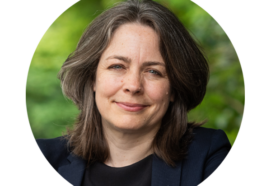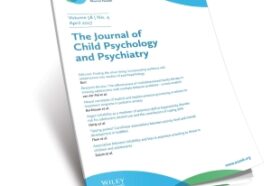This year the focus for World Mental Health Day is ‘Young People and Mental Health in a Changing World’. We often forget that young people are at a stage of their lives when significant change is a common occurrence to them.
This could be physically, through puberty, and discovering who they are as an individual and what that means to them and others. It might be the structure of their family, and living conditions, potentially starting, changing or leaving school for further education or work. No doubt an exciting time, but also one fraught with stress.
The world is also changing around them. Whilst technological advancements can bring about more opportunities for learning and self-expression it can also bring pressure of being ‘connected’ 24 hours a day, blurring day into night, and the real into the virtual.
All of these changes have the potential to have an adverse impact on mental health. Half of all mental illness begins by the age of 14, and if we look at the most common mental health problem across a lifespan, which is anxiety disorders, they have a particularly early age of onset.
Half of all people who experience an anxiety disorder at some point in their life will first experience those difficulties by the age of 11 years. Yet we have found that an extremely small proportion of children who experience significant and sustained problems with anxiety receive any sort of professional support, let alone support that is known to be effective.
Despite this, we know that helping young people, from an early age, helps build positive mental health, which in turn can assist in dealing with the trials that an ever-changing world brings.
The WHO states that evidence is growing that the promotion of young people’s health not only brings obvious benefits to the individual, but also to society and economies as a whole, with healthy young adults making greater positive contributions. This evidence should be the key for change.
As an organisation one of our core objectives is to bridge the gap between rigorous research and best practice. We are placing a greater focus on putting research to work both in terms of informing policy and helping to develop the skills and knowledge who work with children and young people. As a society let’s not just focus on today, let’s strive to raise standards in the understanding and management of child mental health issues.
You can see how ACAMH are helping you to help others on our website with a host of free, accessible, resources.



Discussion
These thoughts are perfect.